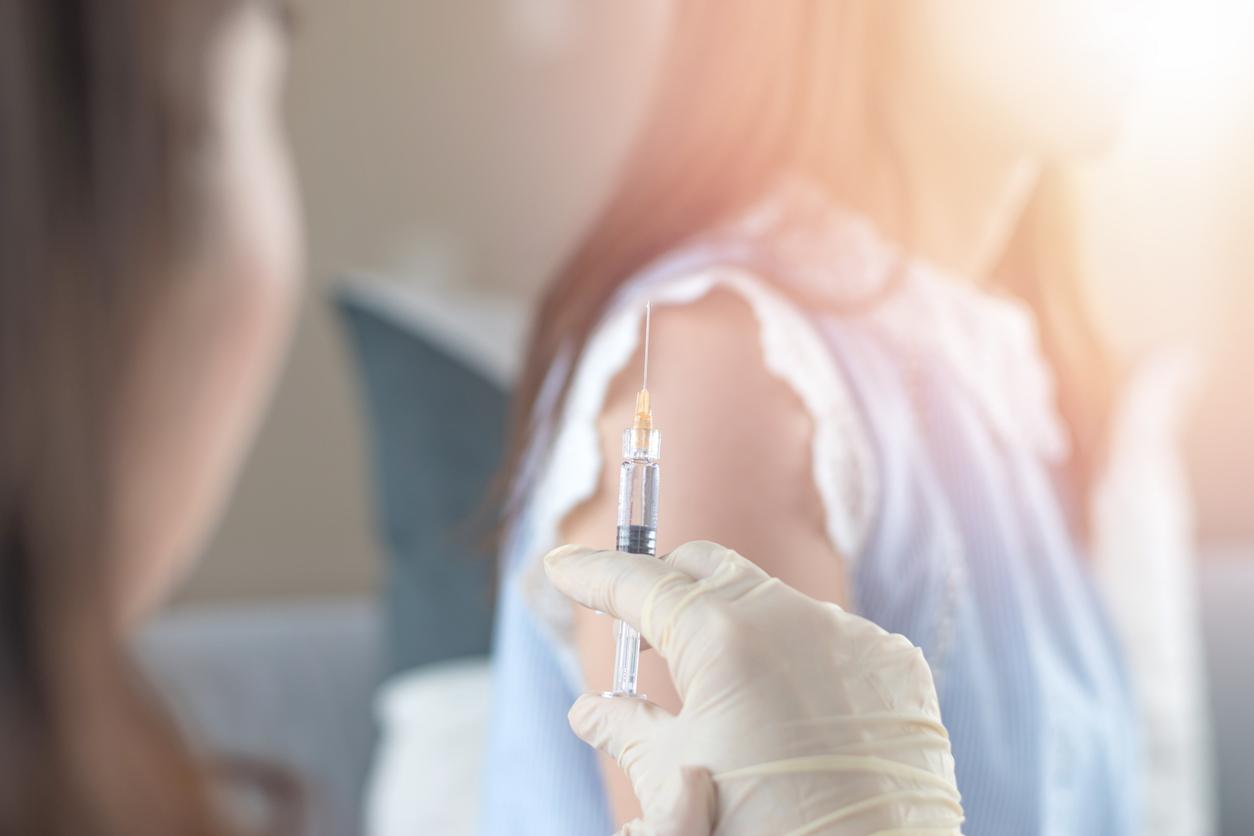Researchers at the University of Oxford are working on a vaccine against ovarian cancer.

- Oxford researchers have received funding to develop their ovarian cancer vaccine.
- The goal is for the product to teach the immune system to recognize and attack the early stages of disease.
- Although the project is promising, it will still take years of research before it can be put on the market.
In 2020, 5,320 new cases of ovarian cancer were recorded in France. There were also 3,935 deaths linked to this gynecological tumor. Which makes it the 5th cause of cancer mortality among women.
Because of their long-silent symptoms, most ovarian cancers are detected at an advanced stage, complicating treatment and reducing the chances of survival. To avoid this type of tragedy, the University of Oxford is working on a vaccine against the disease.
Ovarian cancer: a vaccine that educates the immune system
Researchers from the British establishment have just obtained funding of 600,000 pounds (nearly 715,000 euros) over 3 years from the Cancer Research UK organization to develop their vaccine, called OvarianVax. The project envisages that the product will be able to teach the immune system to recognize antigens, proteins specific to the tumor, and to destroy them.
“The idea is that if you give the vaccine, hopefully these tiny tumors will shrink, shrink very significantly, or disappear.”explained Professor Ahmed of the University of Oxford to the BBC.
According to the scientist, this product – if it proves effective – could put an end to preventive ovarian ablations offered to women carrying the genetic mutation of the disease. The next step for the gynecologist and his team is to test the vaccine on women with the genetic mutation increasing the risk of ovarian cancer but also on participants without the disorder in order to verify the effectiveness of OvarianVax.

Ovarian cancer vaccine: still years of research
Asked about this scientific project, Dr David Crosby, head of prevention and early detection research at Cancer Research UK, warned that it will be necessary “many years” before the doses are put on the market. “At this stage, scientists are testing the best components to include in the vaccine, first testing it in the laboratory with samples taken from ovarian cancer patients”explained the specialist.
In the British press, Professor Ahmed also recognized that there is still a long way to go before a vaccine against ovarian cancer is offered to the population. However, he claims to be “optimistic” regarding the purpose of its work.
















